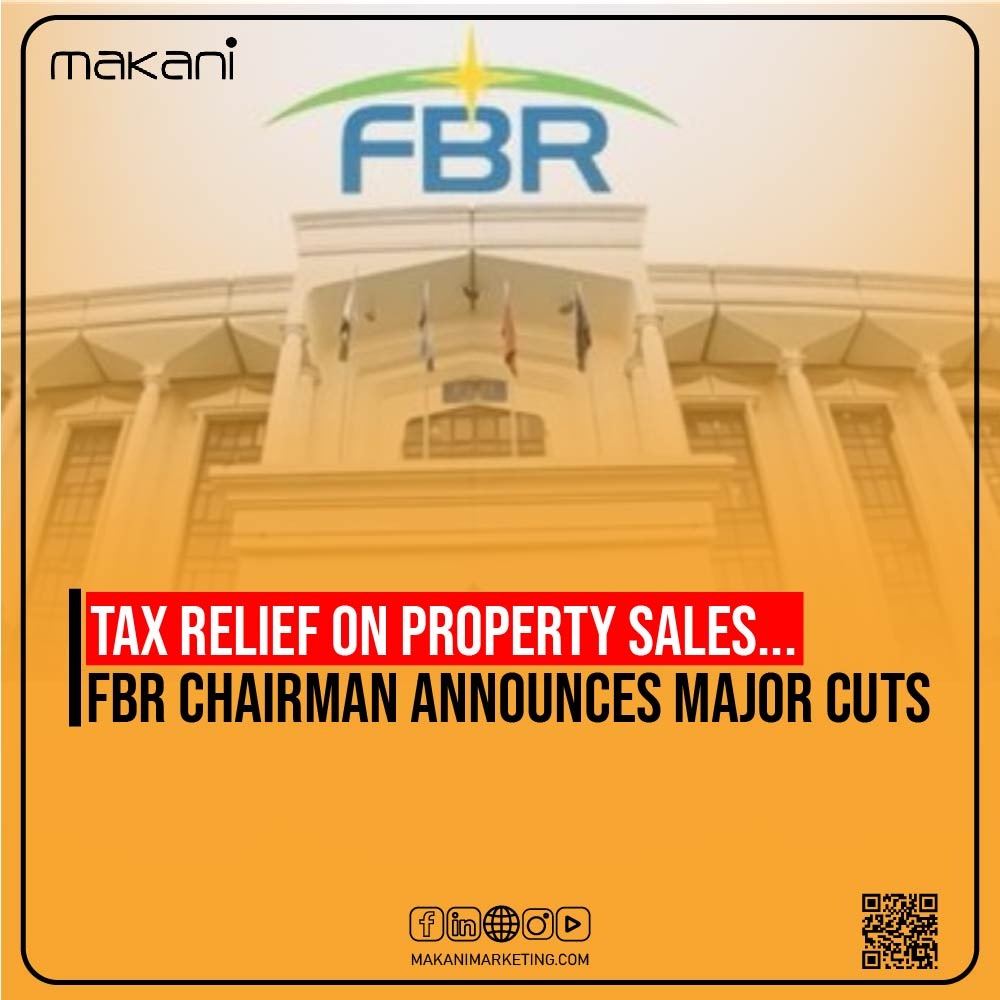The government is expected to implement significant tax hikes on the buying and selling of immovable properties in the upcoming budget for 2023-24. This move aims to regulate the trading of plot files in private housing societies and ensure proper tax documentation.
New Tax Measures for Non-Filers
Sources have revealed that non-filers will face increased withholding taxes on property transactions. This initiative targets registered property agents involved in these transactions, as many private housing schemes have been avoiding taxes by not documenting actual transfers. The Federal Board of Revenue (FBR) is set to introduce measures to document both buyers and sellers, ensuring tax compliance.
Documenting Property Transactions
The government plans to address the issue of tax avoidance in private housing societies by enforcing stricter regulations. These legal changes will mandate the payment of taxes on the buying and selling of plot files, ensuring that all transactions are properly documented. This step is crucial to bringing transparency and accountability to the real estate market.
Increased Tax Rates
Currently, the tax rate for purchasing property by non-active taxpayers has been increased from 100 percent to 250 percent. This means that if a buyer is not listed on the Active Taxpayers List, they will face a significantly higher tax rate. This measure is part of the government’s broader strategy to encourage tax compliance and increase revenue from the real estate sector.
Updated Property Valuation Tables
Starting July 1, 2023, the FBR will release updated values for immovable properties. This update process involves consultations with provincial authorities to ensure accurate and fair valuation. The goal is to harmonize property valuations across Pakistan, providing a consistent basis for taxation.
Broader Taxation Reforms
The FBR is also pursuing broader taxation reforms under the Pakistan Raises Revenue Project (PRRP) in collaboration with the World Bank. A key component of this project is the harmonization of property valuations between the FBR and provincial governments. This harmonization aims to create a unified framework for property taxation, reducing discrepancies and improving compliance.
Impact on Real Estate Market
The proposed tax increases are expected to have a significant impact on the real estate market. While the measures aim to enhance transparency and tax compliance, they may also lead to short-term disruptions as buyers and sellers adjust to the new regulations. However, in the long run, these changes are likely to create a more stable and accountable real estate market, benefiting both the government and genuine investors.
Conclusion
The government’s plan to impose higher taxes on property transactions in private housing societies marks a significant step towards regulating the real estate sector. By documenting all transactions and enforcing tax compliance, the government aims to curb tax evasion and increase revenue. While these measures may pose challenges initially, they are essential for creating a transparent and accountable real estate market in Pakistan.













